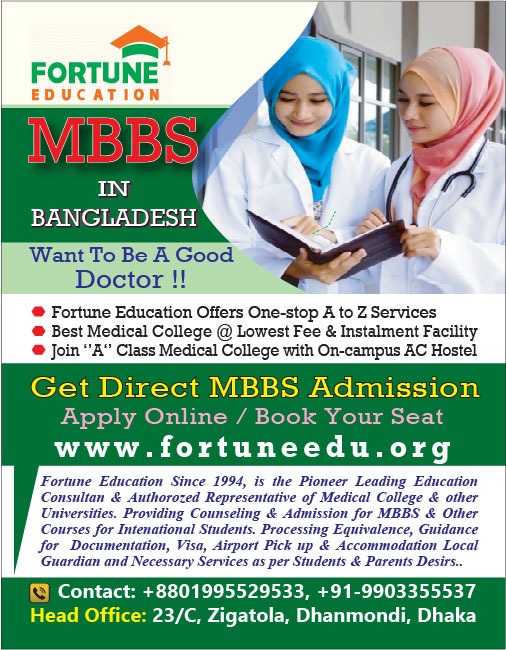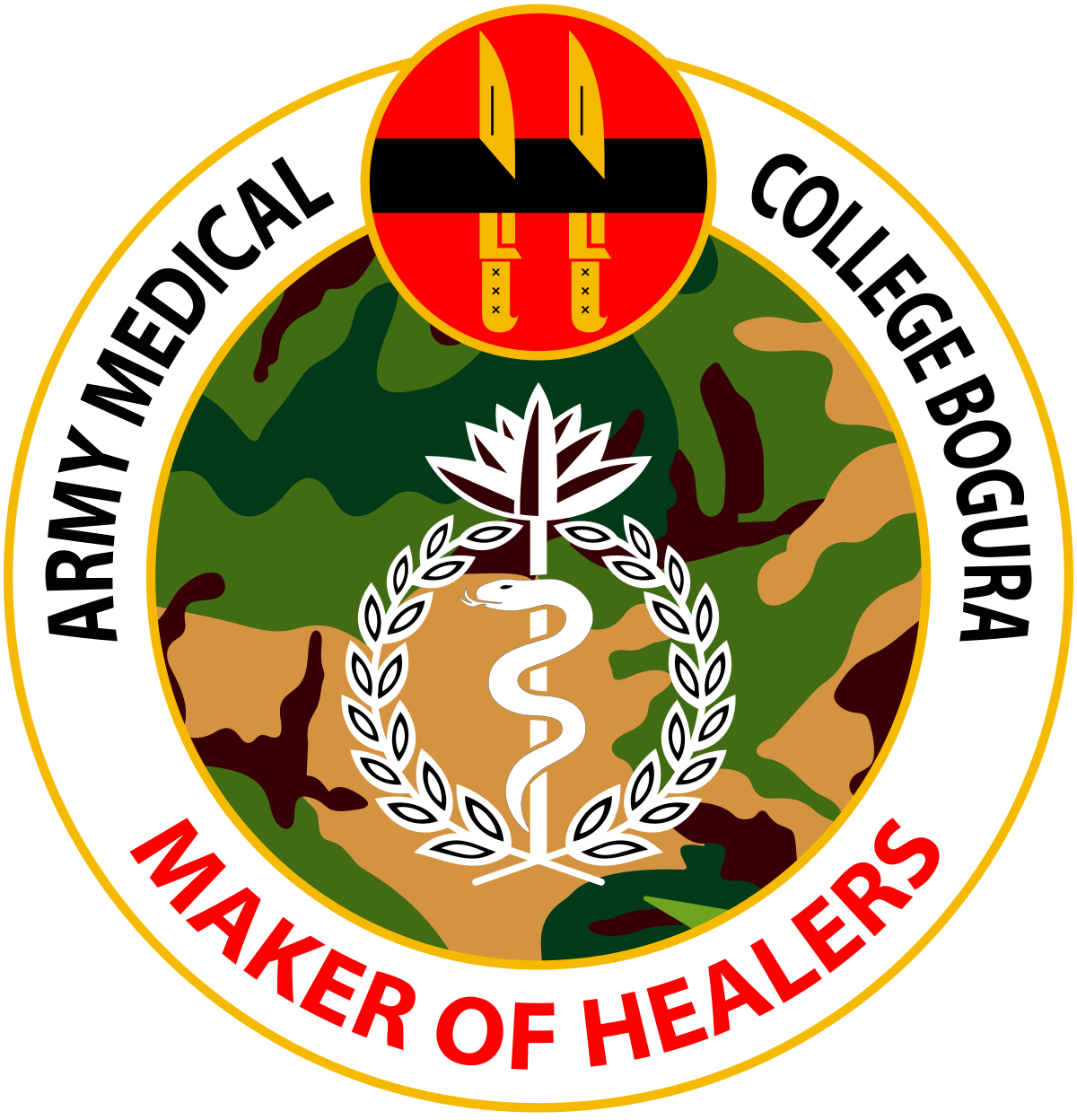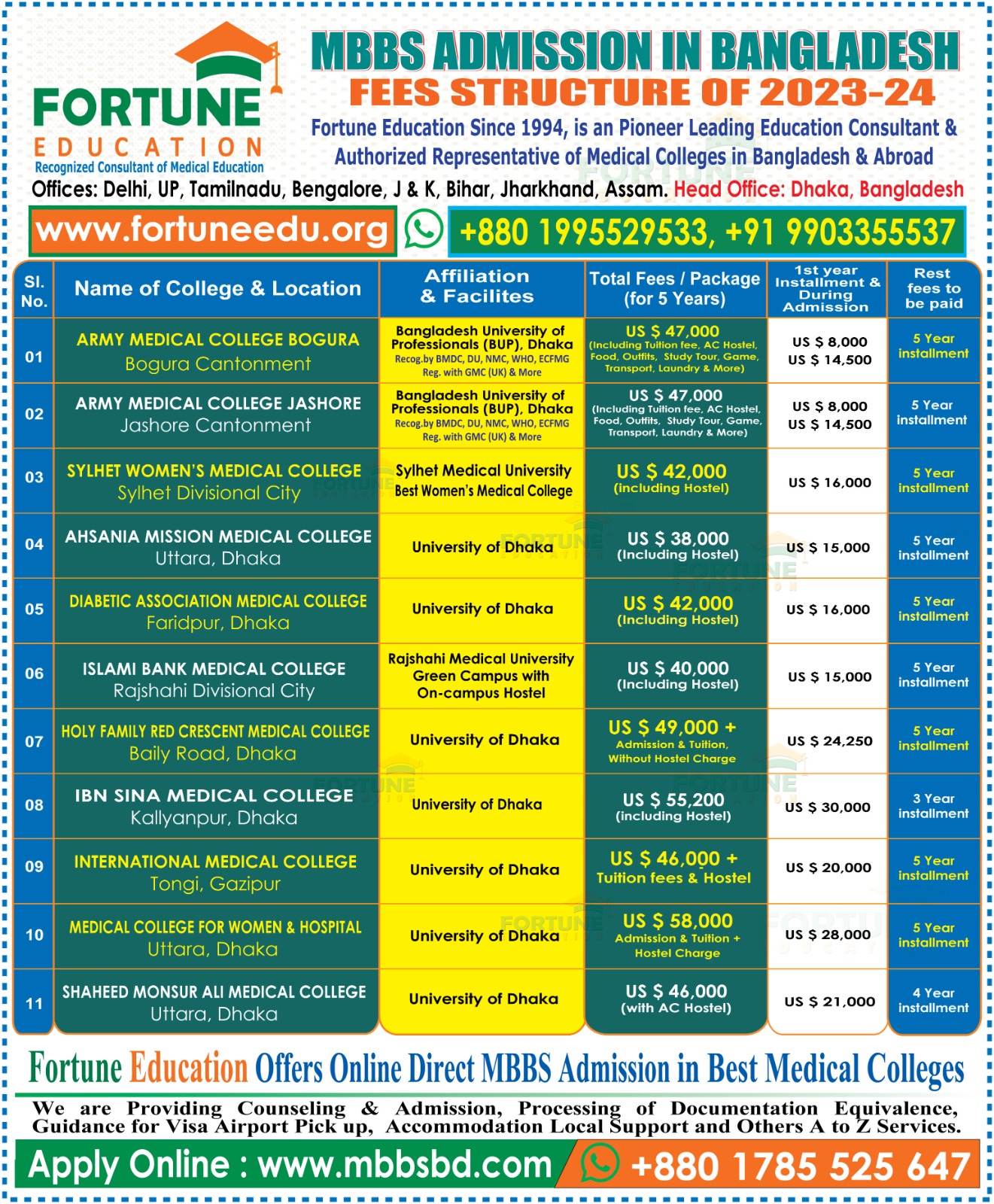Becoming a healthcare professional is a commendable goal that requires dedication, education, and a passion for helping others. Here are the general steps to pursue a career in this field:
Become a Healthcare Professional
Educational Foundation:
High School: Focus on science subjects like biology, chemistry, and physics. Mathematics is also important. Participate in health-related clubs or volunteer at healthcare facilities if possible.
Undergraduate Degree: Obtain a bachelor’s degree, ideally in a science-related field. Common pre-med majors include biology, chemistry, or health sciences. Maintain a strong GPA and engage in extracurricular activities related to healthcare.
Entrance Exams:
Depending on the specific healthcare career, you might need to take entrance exams like the MCAT (Medical College Admission Test) for medical school, the DAT (Dental Admission Test) for dental school, or similar exams for other healthcare fields.
Professional School:
Enroll in a professional school such as medical school, dental school, nursing school, or another healthcare training program. This typically involves both coursework and practical training.
Clinical Training:
Participate in clinical rotations or internships to gain hands-on experience in various specialties.
Licensing and Certification:
Upon completion of your educational program, obtain the necessary licensure and certifications. This often involves passing exams such as the USMLE (United States Medical Licensing Examination) for physicians or the NCLEX-RN for nurses.
Residency and Specialization (if applicable):
For certain professions, like physicians or surgeons, you’ll need to complete a residency program in your chosen specialty. Further fellowship training may be required for sub-specialties.
Continuing Education and Career Development:
Healthcare is a field that constantly evolves. Engage in lifelong learning through continuing education, attend conferences, and stay updated with the latest advancements in your field.
Soft Skills Development:
Develop soft skills such as communication, empathy, problem-solving, and teamwork, which are crucial in healthcare.
Networking and Professional Involvement:
Join professional organizations, network with other healthcare professionals, and possibly engage in research or teaching.
Remember, each healthcare career has its specific path and requirements. For instance, the path to becoming a nurse differs from that of a doctor or a physiotherapist. Always research the specific requirements for your chosen profession in your country or region, as these can vary significantly.
MBBS Admission in Bangladesh
Gaining admission to an MBBS program in Bangladesh involves a series of steps and requirements. Here is a general overview of the process:
Eligibility Criteria:
Academic Requirements: Candidates typically need to have completed their Higher Secondary Certificate (HSC) or equivalent, with a focus on science subjects, particularly biology, chemistry, and physics.
Minimum Grades: There is usually a minimum grade or score requirement. This can vary between institutions.
Age Limit: Some medical colleges may have an age limit for applicants.
Entrance Examinations:
Medical College Admission Test: In some cases, candidates may need to pass an entrance exam. The format and content of these exams can vary.
Language Proficiency: If the medium of instruction is English, non-native speakers might need to prove their proficiency through tests like IELTS or TOEFL.
MBBS Application Process
Application Form: Fill out the application form for the desired medical colleges. This may be done online or through a physical submission.
Documentation: Submit necessary documents such as academic transcripts, proof of nationality, passport-size photos, etc.
Application Fee: A non-refundable application fee is usually required.
Selection Process:
Medical colleges in Bangladesh typically select students based on their academic performance and scores in the entrance examination.
Some colleges might also conduct interviews.
Admission Offers and Enrollment:
Successful candidates will receive admission offers.
Upon acceptance, students will need to complete the enrollment process, which may include payment of tuition fees and submission of additional documents.
Visa and Accommodation:
International students will need to apply for a student visa.
Accommodation arrangements should be made, whether on-campus or off-campus.
Preparation for Study:
Familiarize yourself with the curriculum and the healthcare system in Bangladesh.
Engage in pre-medical reading or preparatory courses if available.
Cost and Financial Planning:
Consider the cost of tuition, living expenses, and other fees.
Explore options for scholarships or financial aid if necessary.
Cultural and Language Adaptation:
For international students, adapting to the local culture and possibly learning the local language can be important.
It’s crucial to check the specific requirements and admission processes of the individual medical colleges in Bangladesh as they can vary. Additionally, stay updated on any changes in admission policies or requirements, especially if you are an international student, as these can change periodically.
Get MBBS Admission in Bangladesh through Fortune Education
Getting admission to an MBBS program in Bangladesh through Fortune Education involves several steps and considerations:
Educational Requirements: Candidates must have completed a 10+2 pattern of education with Physics, Chemistry, and Biology as compulsory subjects and achieved a minimum of 60% marks. They should also have qualified for the NEET Exam for eligibility.
Colleges: Fortune Education is associated with various medical colleges in Bangladesh, including well-known ones like Dhaka Medical College, Bangladesh Medical College, and Medical College for Women and Hospital. They also represent Army Medical Colleges like those in Bogura and Jashore, as well as other private medical colleges.
MBBS in Banglaesh
Admission Process: The process starts with submitting an application, which can be done online through Fortune Education. They provide counseling and guidance in selecting a suitable college, fulfilling the admission requirements, and completing the necessary documentation.
Fees and Scholarships: The cost of studying MBBS in Bangladesh can range from approximately USD 32,000 to USD 55,000 for the entire course, depending on the college. Fortune Education offers scholarships and special waivers up to $10,000 based on merit and seat availability for students from SAARC countries and others.
Language and Culture: The medium of instruction in most medical colleges is English, which is beneficial for international students. Additionally, the cultural and food habits in Bangladesh are quite similar to neighboring countries like India, making it easier for students to adapt.
International Student Support: Fortune Education provides support services like visa guidance, accommodation arrangements, and local support for the entire duration of the course.
Direct Admission and Seat Confirmation: Fortune Education facilitates direct admissions with a 100% seat confirmation in various medical colleges.
Career Prospects: Graduates from these medical colleges can pursue further education or medical practice in various countries, including the USA, Canada, England, and others, provided they meet the respective country’s qualification criteria.
Remember to apply early and ensure that you meet all the eligibility criteria and have all the necessary documentation ready. For more detailed and specific information, you can contact Fortune Education directly through their website or official contact numbers.
For more information, you can visit the Fortune Education website or the Fortune Education Directory.
Top Medical Colleges Bangladesh
Bangladesh hosts several prestigious medical colleges that are renowned for their quality of education in the field of medicine. Here are some of the top medical colleges in Bangladesh as of 2024:
Dhaka Medical College (DMC): Established in 1946, DMC is one of the oldest and most prominent government medical colleges in Bangladesh. It’s located in Bakshibazar, near Dhaka University and the Bangladesh University of Engineering and Technology.
Sir Salimullah Medical College (SSMC): Founded in 1875 as Dhaka Medical School, SSMC is a famous public medical college in Bangladesh. It was renamed in 1962 in honor of Nawab Bahadur Sir Khwaja Salimullah.
Shaheed Suhrawardy Medical College (ShSMC): Established in 2006 in Sher-e-Bangla Nagar, Dhaka, ShSMC is highly regarded and getting admission here is considered a significant achievement.
Mymensingh Medical College (MMC): MMC, founded in 1924 in Mymensingh, is known for its natural campus structure and quality medical education.
Chittagong Medical College (CMC): CMC is an old medical college located in southeastern Bangladesh. It attracts students from various countries including Bangladesh, India, Iran, and Nepal.
Rajshahi Medical College (RMC): Founded in 1958, RMC is a secular medical college in Rajshahi, known for its large hospital providing quality healthcare in North Bengal.
Sylhet MAG Osmani Medical College (SOMC): SOMC, established in 1962 and named after General Muhammad Ataul Gani Osmani in 1986, is a respected public medical college in Bangladesh.
Sher-e-Bangla Medical College (SBMC): Located in Barisal, SBMC, initially known as Barisal Medical College, was founded in 1968.
Comilla Medical College (CoMC): CoMC, founded in 1992 in Comilla district, is known for its association with Chittagong University.
Bangladesh Medical College (BMC): Established in 1986 in Dhanmondi, Dhaka, BMC is the first private medical college in Bangladesh and is associated with Dhaka University.
In addition to these, other notable private medical colleges preferred by international students, especially from India, include Dhaka National Medical College, Community Based Medical College, Khwaja Yunus Ali Medical College, Green Life Medical College, Barind Medical College, Eastern Medical College, Bangladesh Medical College, Kumudini Women’s Medical College, Women’s Medical College in Uttara Dhaka, and Sylhet Women’s Medical College.
Each of these colleges has its unique strengths and specializations, and they all contribute significantly to the medical education landscape in Bangladesh.
Army Medical College Jashore
Army Medical College Jashore (AMCJ) is a prominent medical college in Bangladesh. Established by the Bangladesh Army, it started its journey on January 10, 2015. The college operates under the direct supervision of the Army Welfare Trust (AWT) of the Bangladesh Army and Area HQ, Jashore. This affiliation highlights the college’s commitment to providing quality medical education and training.
AMCJ is affiliated with Bangladesh University of Professionals (BUP) and follows the curriculum and examination procedures of BUP. The Bangladesh Medical and Dental Council (BMDC) also recognizes the college, ensuring that its degrees are valid and respected.
The college’s mission is not only to impart medical education but also to instill the values and discipline associated with the military establishment. This unique blend of medical education and military discipline creates a distinctive environment for students.
The college provides comprehensive medical education and practical training. It’s equipped with modern facilities and infrastructure, contributing to an effective learning environment. The faculty comprises experienced and qualified professionals dedicated to nurturing future medical practitioners.
Army Medical College Jashore, like other military medical colleges in Bangladesh, follows a stringent selection process for admissions, ensuring that only the most capable and dedicated students are enrolled.
For further details about the college, its admission process, curriculum, and other specifics, you might consider visiting the official website or contacting the college directly. This will provide the most current and detailed information.
https://www.youtube.com/watch?v=mTpufh2ce94&t=57s
Army Medical College Bogura
Army Medical College Bogura (AMCB) is a well-regarded institution for medical education in Bangladesh. Established in 2014, AMCB is located in Bogura Cantonment, Bangladesh. It is one of several Army Medical Colleges in the country and is affiliated with the Bangladesh University of Professionals (BUP).
The college began its academic activities on January 10, 2015, with the goal of providing high-quality medical education. AMCB offers a curriculum and learning environment that combines the rigor of medical education with the discipline and values associated with military institutions.
One of the key features of AMCB is its focus on providing a comprehensive educational experience that includes both theoretical knowledge and practical skills. The college is equipped with modern facilities and infrastructure, ensuring a conducive environment for students. The faculty comprises experienced professionals dedicated to training future medical practitioners.
The admission process for AMCB, like other military medical colleges, is competitive, and students are selected based on stringent criteria. This ensures that the college maintains high academic standards.
For more detailed information about Army Medical College Bogura, its programs, admission process, and other details, it would be best to visit their official website or directly contact the college administration. This will provide the most accurate and up-to-date information.
Bangladesh MBBS Fees Structure
The fee structure for MBBS programs in Bangladesh varies across different medical colleges. As of the 2023-2024 academic session, here is an overview of the fee ranges for some colleges, including tuition and hostel costs:
Diabetic Association Medical College, Faridpur: Approximately USD 42,000 (about INR 3,200,000).
Sylhet Women’s Medical College, Sylhet: Around USD 42,000 (INR 3,360,000).
Medical College for Women and Hospital, Dhaka: Fees are about USD 42,830 (INR 3,426,400).
IBN-SINA Medical College: The fee structure is around USD 46,000 (INR 3,360,000).
Dhaka National Medical College: Approximately USD 54,000 (INR 37,80,000).
Bangladesh Medical College: The fees are around USD 52,400 (INR 36,68,000).
The total MBBS fees in Bangladesh generally range from INR 24 lakh to INR 35 lakh for the entire five-year course, depending on the college. This cost includes tuition fees, hostel accommodation, and other expenses. These fees are considered reasonable compared to many other countries, making Bangladesh a popular destination for MBBS students.
It’s important to note that these figures are approximate and may vary based on the exchange rate and specific college policies. Prospective students should contact the colleges directly or visit their official websites for the most accurate and up-to-date information
Why Become a Healthcare Professional from Bangladesh?
https://www.youtube.com/watch?v=UFWrXee3M4U
Becoming a healthcare professional in Bangladesh, or any country for that matter, can be a fulfilling and meaningful career choice. There are several reasons why someone might choose to pursue a healthcare profession in Bangladesh:
Fulfilling a Noble Mission: Healthcare professionals play a crucial role in saving lives, alleviating suffering, and promoting the well-being of individuals and communities. Many people are drawn to this field because they want to make a positive impact on society.
High Demand for Healthcare Workers: The healthcare sector in Bangladesh, like in many countries, has a constant demand for skilled healthcare professionals. The growing population and increasing healthcare needs ensure a steady demand for healthcare practitioners, including doctors, nurses, pharmacists, and other healthcare specialists.
Career Opportunities: A healthcare career in Bangladesh can offer various opportunities for specialization and career growth. Healthcare professionals can work in hospitals, clinics, research institutions, pharmaceutical companies, and government health agencies.
Cultural and Social Factors: Healthcare is a respected profession in many cultures, including Bangladesh. Becoming a healthcare professional can bring prestige and honor to individuals and their families. Additionally, it can be a source of pride to serve one’s community and contribute to its well-being.
Education and Training: Bangladesh has several reputable medical and healthcare institutions, including medical colleges and universities. These institutions offer quality education and training programs for aspiring healthcare professionals.
Opportunities to Address Health Challenges: Bangladesh faces various health challenges, such as infectious diseases, maternal and child health issues, and non-communicable diseases. Healthcare professionals in Bangladesh have the opportunity to work on these critical health problems and make a difference.
Global Mobility: Becoming a healthcare professional in Bangladesh can open doors to global opportunities. Many healthcare professionals from Bangladesh choose to work abroad, gaining international experience and contributing to global health.
Personal Satisfaction: Healthcare professionals often find personal satisfaction in knowing that they are directly impacting the lives of patients and helping them recover from illnesses or maintain good health.
It’s essential to note that becoming a healthcare professional requires dedication, hard work, and a commitment to lifelong learning. It’s also crucial to choose a healthcare field that aligns with your interests and passion, whether it’s medicine, nursing, pharmacy, public health, or any other area within healthcare. Ultimately, the decision to become a healthcare professional should be based on your personal goals and values.







